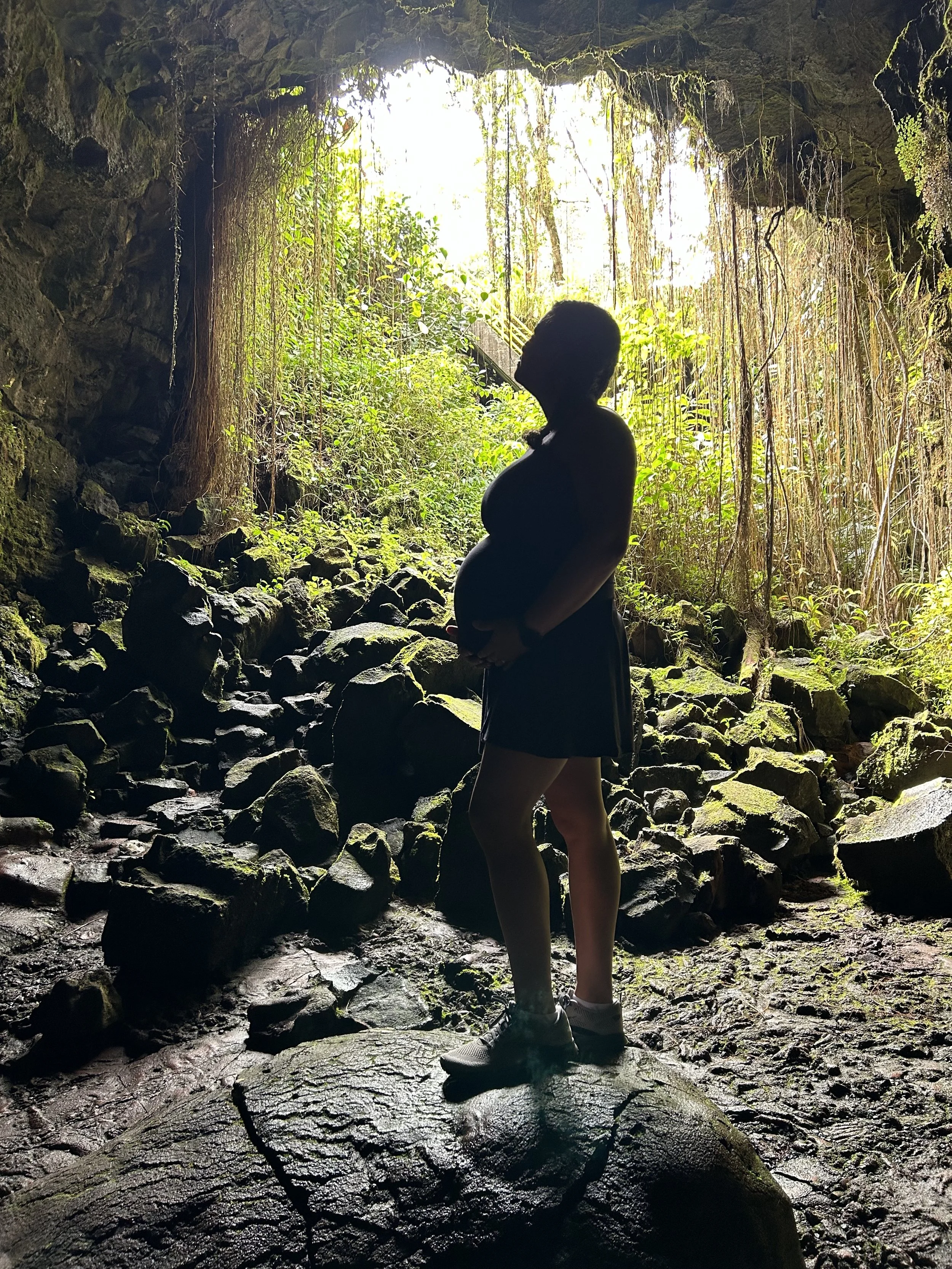Pregnancy & Postpartum Counseling in Cornelius, NC
Designed Specifically for Moms and Expectant Moms Undergoing the Profound, Irreversible Changes of Pregnancy, Childbirth, and Postpartum
You are not failing them. You are not too broken, too little, not enough, or not trying hard enough.
The incredible journey of pregnancy, childbirth, and those special early days with our babies is often filled with a mix of feelings—excitement, anxiety, worry, uncertainty, and deep emotions.
“How? I wanted to be a mom more than anything!”
“My birth experience was wonderful!”
“The baby is perfect and all I ever asked for!”
AND…
“I feel so broken. I’m failing myself and my baby. I’m too exhausted to even ask for help. Help? What’s that? There’s gotta be something wrong with me….”
We often aren't prepared for the challenges of this time and end up in the dark, feeling inadequate and hopeless.
The perinatal period affects everything — your mind, your body, your relationships, and your sense of identity
Is this you?
Feeling anxious, irritable, or on edge.
Crying unexpectedly or feeling emotionally flat.
Struggling to bond with your baby or resenting the demands of parenting.
Grieving a birth experience or fertility journey.
Feeling isolated, overwhelmed, or ashamed to ask for help.
Experiencing relationship strain or resentment toward your partner.
Dealing with changes in body image, sexuality, or identity.
Having past trauma resurface during pregnancy, birth, or postpartum.
“Being told to ‘enjoy every minute,’ while undertaking such psychologically and physically demanding work, is a peculiar type of societal gaslighting.”
Hi! I’m Julissa!
I’m a Mom (3x) & therapist specializing in Perinatal Mental Health!
I work with warmth, curiosity, and deep respect for the complexities of this season.
My approach is trauma-focused and rooted in the importance of healthy attachments, attunement, relational safety, and nervous system support.
I bring my experience as a therapist and a mother, with understanding and specialized training to support you during this season. I have received training in Perinatal Mood Disorders & Perinatal Loss from Postpartum Support International (PSI).
Why is this one of my specialties? Because of the ripple effects it has on future generations. Your healing is not just about you; it’s about your baby, your family, and those around you.
I was deeply touched when I read the following quote by the National Coalition for Maternal Mental Health:
“Maternal mental health illnesses are one of the most common complications of childbirth. They are also the ones most overlooked and under-treated.”
A safe place to land — reliable support during uncertain times
Therapy during the perinatal and postpartum periods offers a space to explore everything you're experiencing: the joy, the fear, the grief, the guilt.
What can therapy offer?
· Relief from postpartum anxiety or depression.
· A space to grieve, process, or make meaning of your experience.
· Tools to manage overwhelm, rage, and intrusive thoughts.
· Support in adjusting to your new identity and roles.
· Greater connection with yourself and your baby.
· Healing around birth trauma or reproductive loss.
You deserve care — not only because you’re a parent, but because you’re still a whole person.
Perinatal Post-Traumatic Stress Disorder (PTSD)
Potentially traumatic events during the perinatal period can vary widely for each person.
Some examples include: emergency Cesarean delivery, postpartum hemorrhage, prematurity or stillbirth, unexpected NICU admission, long labor process, shoulder dystocia, traumatic vaginal birth, failed pain medication, medical complications for baby or parent, etc.
Having these experiences doesn't automatically lead to trauma or a PTSD diagnosis, but they can still cause trauma or PTSD.
PSI described perinatal PTSD as “caused by a traumatic or disappointing experience during pregnancy, delivery or postpartum.”
Some symptoms of PTSD in the Perinatal Period include:
Intrusive thinking about the event or situation, including birth, loss, or perceived threat to your life or your baby's life.
Nightmares or distressing dreams.
Feeling disconnected or detached.
Avoidance of anything associated with the event, including aftercare.
Negative beliefs or expectations about yourself or others: “I am a bad mom,” “It was my fault that my baby died,” “I’m a failure.”
Feeling on edge, hypervigilant about baby’s safety, and/or easily startled.
Feeling helpless, unseen, and unprotected during birth, stripped. of your dignity
Pregnancy Loss
Pregnancy loss touches every part of your being. It brings you face to face with both the most beautiful and the most painful aspects of life. It knocks you down into a place where you're unsure if you can get out.
Whether it happens early or late, suddenly or after a long struggle, it represents the loss of dreams, hopes, and a future you imagined. It is both a physical and emotional journey that deserves compassion, time, and space to heal.
There’s no “right” way to grieve and no set timeline for recovery. There’s no “moving on,” only “moving forward.”
When a baby dies, it is hard to see a future. It is hard to find the courage to keep going.
Our work together can help you navigate these layers of grief, reconnect with yourself, and begin rebuilding a sense of hope.
Whether you’re coping with a miscarriage, stillbirth, termination for medical reasons (TFMR), or infertility-related loss, therapy can offer understanding and comfort.
Healing doesn’t mean forgetting; it means finding a way to carry your experience with tenderness and strength.
EMDR Trauma Therapy in the Perinatal Period
Trauma Therapy during the Perinatal Period is not only safe, but necessary!
The effects of toxic stress experienced during pregnancy impact the development of the fetus. During the postpartum period, it can negatively impact the attachment between mother and child.
EMDR is not about “letting go,” but about making space for love and grief. It involves releasing the trauma that's keeping you stuck in the negative cycle.
EMDR will not “erase” what happened, but it will help your system stop feeling like it is still happening.
You’ve already struggled enough. Let’s help your nervous system process the trauma so it no longer triggers intense distress or physiological arousal.
FAQs
-
That’s perfectly okay. Remember, you don’t have all the right words right now. Therapy is there to support you in understanding what you’re feeling and to help you find your way.
-
Let’s explore that together and work toward relief, no matter what it’s called.
-
The beauty of using EMDR is that we don't have to discuss the trauma in detail. I have tools that can still be useful, even if you prefer not to share the details.
-
Yes. The perinatal period affects everyone differently. In the case of pregnancy loss, it can be super helpful to have a shared space to process the loss. Couples counseling can help both of you communicate your grief, support one another, and begin to heal together.
-
You can reach out via my contact form, by phone, or by email to schedule a consultation. I’ll answer any questions you may have and help you find a time that feels right for you. You deserve support, and taking this first step is a meaningful part of healing.


